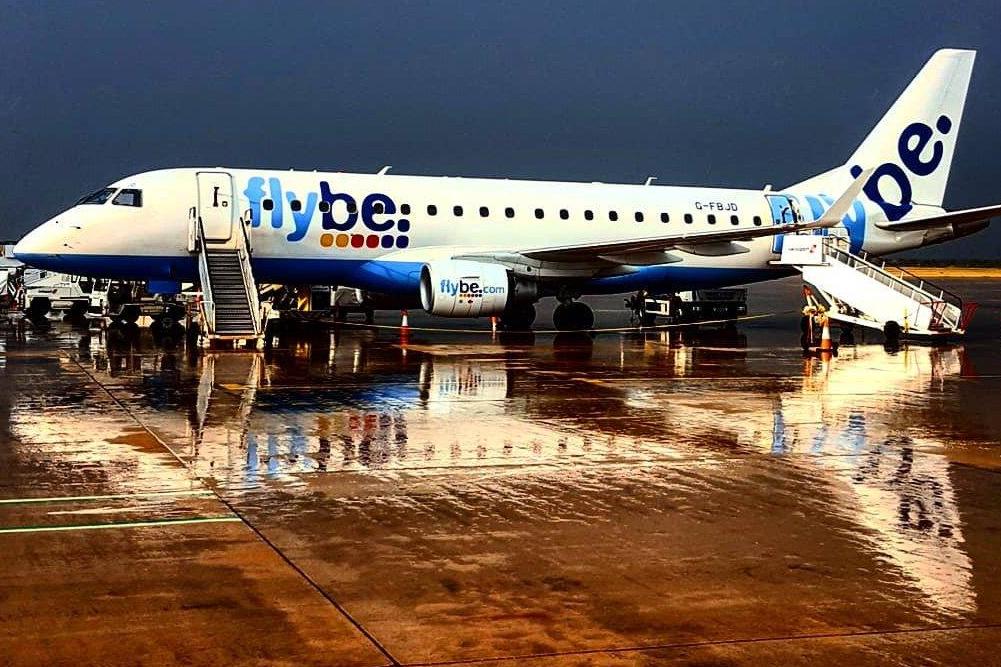The government’s responsibility is to tackle the climate crisis, not to bail out failing airlines
If a company is badly managed or has failed to charge economic prices for its services, it is not the Treasury’s job to pick up the bill

Serious environmental campaigners, including this title, have always accepted that effective action to minimise climate change involves hard choices. And here, surprisingly soon after an election campaign in which green rhetoric seemed a cost-free add-on for all politicians, was a hard choice: Flybe, the budget airline, was in trouble and seemed to expect the government to bail it out with public money.
The short answer to this kind of request ought to be “no”. The longer answer ought to be to recognise the negative effects on Flybe employees and on the economies of some of the peripheral parts of the country that are served by the airline. If necessary, the government could take some action to mitigate these effects. But as for using public money to ease the financial position of a private-sector business, the answer should still be “no”.
That longer answer could go on to say that in no circumstances should the answer be to cut air passenger duty for the airline industry as a whole. It is hard to detect whether this outrageous idea came from the company or from the government side in the discussions – but it should be dumped and disposed of, and then forgotten, forthwith.
The government should not set tax policy according to the profitability of companies operating in the free market. The lobbying group Airlines UK complains that air passenger duty “is not and never has been an environmental tax”, which is both untrue and beside the point. The levy was invented by Kenneth Clarke as chancellor partly because air travel is so lightly taxed; one of its later rationales, encouraged by then Labour chancellor Gordon Brown, was to suppress the growth of environmentally damaging air travel.
Even with air passenger duty, air travel is undertaxed when compared with other forms of transport, particularly in view of the environmental costs it imposes. In any case, it would be wrong to adjust the tax in response to the financial difficulties of a single company. If a company is badly managed or has failed to charge economic prices for its services, it is not the government’s responsibility to pick up the bill.
There are important questions about the impact of Flybe’s collapse on the economy of, for example, Cornwall, that were rightly raised in the House of Commons. But government support for regional economic development should not take the form of bailing out unprofitable companies or ditching green taxes. If Cornwall needs better transport links, they should take the form of railways and electric cars and buses for the many, not planes for the few.
These are hard choices that have to be made if Britain is serious about playing its part in tackling the climate crisis we face.
Join our commenting forum
Join thought-provoking conversations, follow other Independent readers and see their replies
Comments